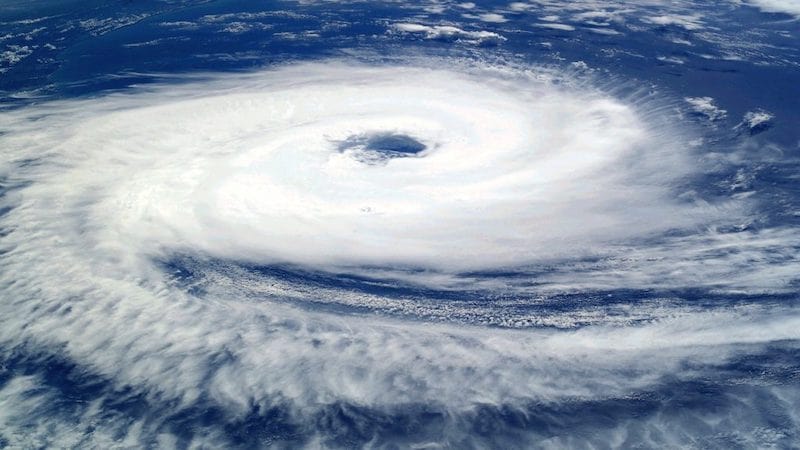
KIDS: Remaining Calm During The Storm
My name is Jennifer Bishop. I am a Licensed Mental Health Counselor in Boca Raton. I offer services both in the office and virtually through phone or Skype. As a Mental Health Counselor, I specialize in working with children ages 3 to 16 and with Adults on wellness and healing to live their life’s purpose.
Hurricanes And Other Disasters Can Be Stressful For Kids
With rain and winds from Hurricane Matthew looming closer to the coast of Florida, I would like to offer tips to parents on how to talk to their children about hurricanes and other disasters.
As unnerving as it is for parents and adults to find ourselves in the path of a hurricane, it can be terrifying for kids. When faced with a stressful experience, one of the ways children (and adults, for that matter) cope is to refer to prior times when they experienced a similar event. A child might think, I was scared when I had to go through basketball tryouts last year, or when I went to a birthday party and didn’t know any of the other kids, but I got through it and it turned out to be fun.
But when the frightening event is something they’ve never encountered before, they have no resources to help them deal with it, other than calm, reassuring comfort of their caregivers.
Here Are Some Tips For Helping Anxious Children Get Through The Storm
• Like most of us, you’re glued to the news for updates. Try to be aware that your children may have trouble understanding bits and pieces of information as they hear it from broadcasters, so do your best to offer a simple (age-appropriate) narrative that helps them get a sense of what the storm is doing. If at all possible, get your news online, so the TV isn’t running non-stop in the background with alarming information that can be overwhelming to a your child/children.
• Rely on rituals and routines. Do your best to weave in the familiar, whether it’s Saturday morning chores, or Daddy’s special smoothies. The more life feels normal, the less children will feel things are spinning out of control.
• Try to manage your own anxiety. Kids are highly attuned to their parents moods, especially in the midst of chaos. You may be very worried — and that’s okay — but lean on adults to get support, rather than revealing each and every fearful thought to your kids. The more you come across as confident and in control, the more your children will feel safe.
• Check in with your kids to let them offload their fears. If they ask things like, “Does anyone die in a hurricane”, you can say something like, “The good thing is that we now have lots of warning to prepare and stay safe during a storm. In the past, or in places where people didn’t know a hurricane was coming — or didn’t make sure they were in a safe place during the storm — there have been people who died. But we know the storm is coming and know how to keep us all out of the storm, so we’re okay.” Depending, of course, on the child’s age, you may adjust this response, but only offer small units of information to a child’s question (sort of the way you might answer, Where do babies come from?) before flooding your child with facts he didn’t really want or need to know to be reassured.
• Offer physical contact. For many kids, Mommy or Daddy’s lap makes all the scary things go away. Cuddling or snuggling with a good book can do wonders for helping ease a child’s anxiety.
• Help your kids get their energy out. Even if you’re house-bound, you can create opportunities for physically releasing of nervous energy. Have a dance contest to some good old fashioned disco or rock and roll. Let your kids lead an “exercise class.” Play Simon Says, or Follow the Leader around the house. Physical movement is a vital element in discharging anxiety.
• Give your kids a job. Let them find the candles, load the flashlights with fresh batteries, or help you cook up something non-perishable to have on hand if the power does go out. Giving them a role or task helps empower them, and lessens their sense of being out of control.
If you find that your child’s anxiety is more than what is normally expected, please contact us for additional tips or to learn more about how child therapy can help.
